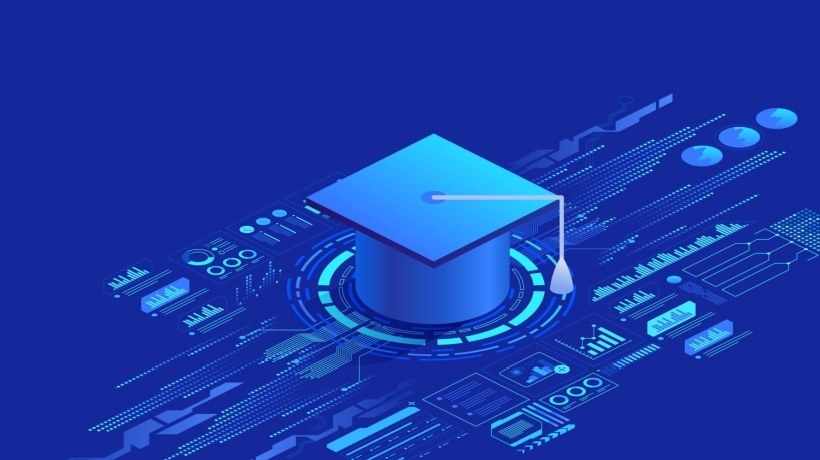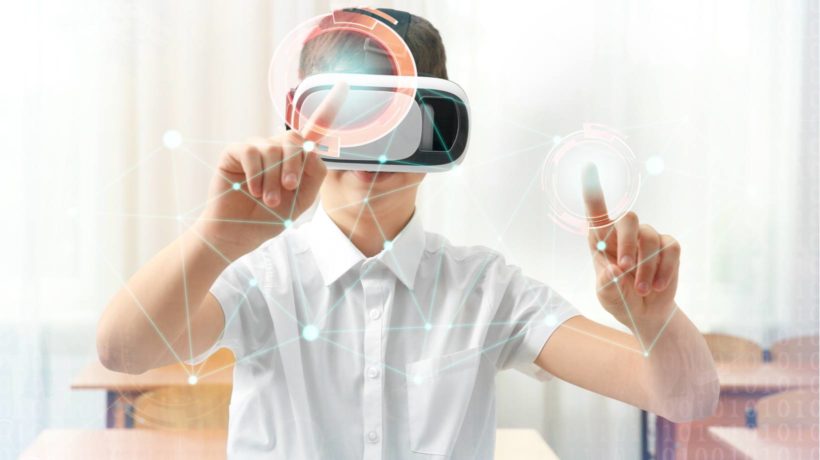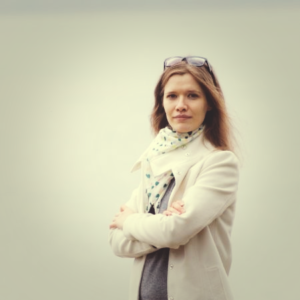Technology Amplifies Teachers, Doesn't Replace Them
The conversation happening in faculty lounges across the country isn't about curriculum or student performance. It's about survival. Educators are watching Artificial Intelligence (AI) tutors grow smarter by the day, seeing digital platforms handle tasks they once considered uniquely human, and wondering if their profession has an expiration date. This anxiety, while understandable, misses the bigger picture entirely. The relationship between educators and technology isn't a zero-sum game where one wins and the other loses. It's a partnership that's about to unlock human potential in ways we've never seen before.
Escaping The Content Delivery Prison
Teaching has been stuck in an industrial model for too long. Educators became human information delivery systems, standing in front of rooms full of people and broadcasting content like living textbooks. This approach wasted their most valuable asset: their ability to understand, inspire, and transform human lives.
Consider what happens when a brilliant trainer spends three days formatting compliance materials instead of designing meaningful learning experiences. Or when a gifted teacher burns out creating worksheets rather than mentoring struggling students. The system was broken long before technology arrived—we just didn't realize how badly.
Digital learning platforms are smashing this outdated model. When software handles content delivery, progress tracking, and routine assessment, something magical happens: educators remember why they chose this profession in the first place.
The Precision Teaching Revolution
Traditional education forced teachers into a cruel choice: personalize for 1 student and lose the other 29 or teach to the middle and leave everyone partially unsatisfied. Technology has demolished this false dilemma.
Modern learning platforms can track every click, pause, and struggle a student experiences. But here's what the tech-fearful educators miss: this data doesn't replace human insight—it supercharges it. The platform might identify that a learner is stuck on a particular concept, but only a human educator knows whether that student needs encouragement, a different explanation, or just permission to struggle a bit longer.
Think of it as giving teachers x-ray vision into the learning process. The technology sees the problem; the educator provides the cure.
Creativity Unleashed
Something extraordinary happens when educators stop spending their time on administrative busywork: they become wildly creative. Freed from the constraints of manual content creation and one-size-fits-all delivery methods, they start experimenting with learning experiences that were previously impossible.
Trainers are designing immersive scenarios where every choice leads to different learning outcomes. Teachers are creating adaptive content that responds to individual learning styles in real time. Professors are building global classrooms where students collaborate across continents. None of this replaces the educator—it amplifies their creative vision and makes previously impossible ideas achievable.
The Intimacy Advantage
Here's the counterintuitive truth about digital learning: it creates more intimate educational relationships, not fewer. When technology provides detailed insights into how each student thinks, learns, and struggles, educators can have conversations they never could before.
Instead of generic office hours discussions, teachers can address specific learning challenges with surgical precision. Rather than broad encouragement, trainers can offer exactly the support each participant needs. The relationship becomes deeper, more meaningful, and more impactful.
What Humans Do Best
The panic about educator redundancy assumes that teaching is primarily about information transfer. But anyone who's experienced truly transformational education knows better. The best educators aren't human databases—they're meaning-makers, confidence-builders, and possibility-revealers.
These uniquely human capabilities become more valuable, not less, in a technology-rich environment. When learners can access any information instantly, they need guides who can help them navigate complexity, synthesize knowledge, and apply insights creatively. Machines excel at pattern recognition and data processing. Humans excel at pattern breaking and wisdom cultivation. The combination is unstoppable.
The Mentorship Renaissance
We're witnessing the emergence of education's golden age—one where every educator can function as a master craftsperson with an apprentice. When technology handles the routine aspects of learning, human interactions become focused entirely on growth, development, and transformation.
This isn't about teaching subjects anymore. It's about teaching people how to think, how to learn, and how to become the best versions of themselves. That's not a job that gets automated—it's a calling that gets elevated.
The Choice Point
Every educator today stands at a crossroads. Down one path lies resistance, fear, and irrelevance. Down the other lies partnership and empowerment, with educators and technology together making an unprecedented impact.
The educators who thrive in the digital age won't be those who can compete with computers. They'll be those who understand that their greatest strength isn't what they know—it's who they are and how they connect with learners.
Technology isn't here to replace the human touch in education. It's here to amplify it, scale it, and make it more powerful than ever before.
The Future Is Human-Centered
The most sophisticated learning platform is worthless without educators who understand how to use it to serve human potential. The most advanced AI tutor can't replace the teacher who sees something special in a struggling student and refuses to give up on them.
The future of education isn't about choosing between humans and machines. It's about humans and machines working together to create learning experiences that neither could achieve alone.
The technology is ready. The question is: are educators ready to step into their power? The answer will determine not just the future of education, but the future of human potential itself.









